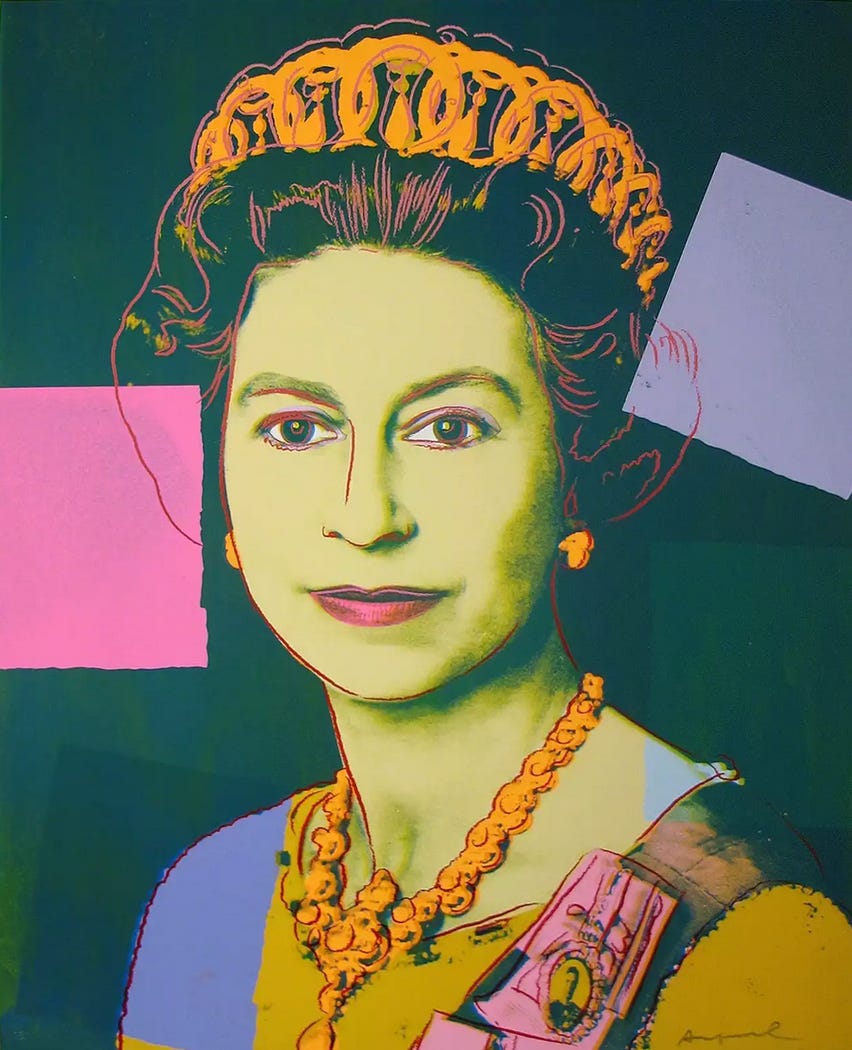Picture this:
You’re the editor of Private Eye, Britain’s leading satirical magazine. You’re sitting at your desk in Soho, Central London. It’s the afternoon of September 8th, 2022. There’s a sudden knock at the door. One of your colleagues appears in the doorway.
“The Queen’s died.”
Her death was followed by several days of official mourning, huge medi…
Keep reading with a 7-day free trial
Subscribe to Brands & Humour to keep reading this post and get 7 days of free access to the full post archives.




